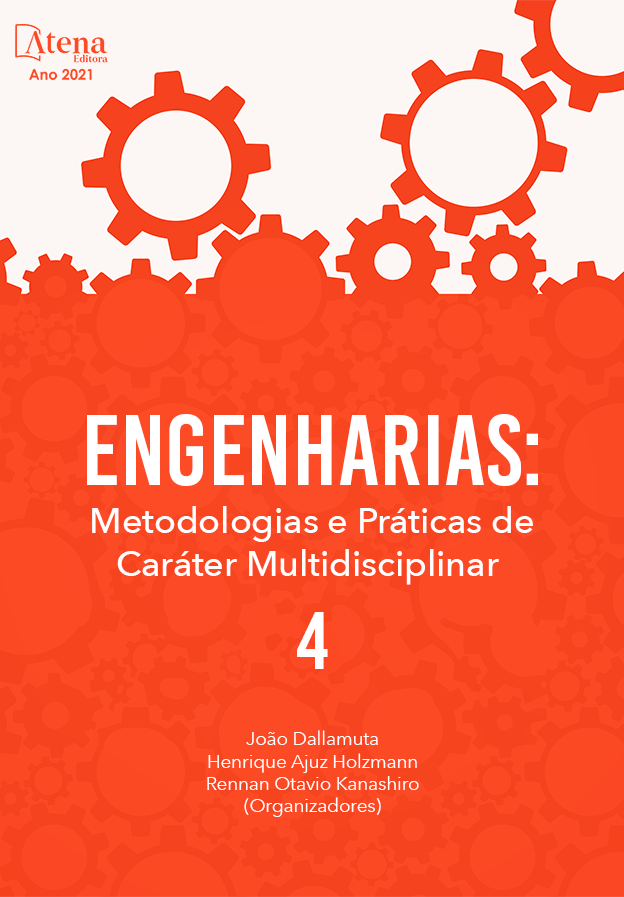
AVALIAÇÃO DA ATIVIDADE ANTIOXIDANTE DE EXTRATO DE LIGNINA OBTIDO A PARTIR DA HIDRÓLISE ALCALINA DA CASCA DE CAFÉ
Diversos resíduos sólidos são gerados do beneficiamento do café, como a casca, polpa e mucilagem. As cascas de café não possuem nenhuma aplicação em larga escala, contudo em razão da composição química e propriedade organoléptica semelhante as dos grãos, essa matéria-prima tem despertado grande interesse. Assim, sabe-se que estes resíduos são ricos em substâncias fitoquímicas bioativas, como antioxidantes, vitaminas e sais minerais. Sendo assim, este trabalho avaliou-se a atividade antioxidante do extrato alcalino da lignina obtido a partir de casca de café. O mesmo foi caracterizado pela quantificação do conteúdo de moléculas bioativas, como os fenóis totais, flavonoides e taninos. Para a atividade antioxidante foram realizados ensaios “in vitro” utilizando a levedura comercial Saccharomyces cerevisiae como modelo adequado para pesquisas de estresse oxidativos por possuir metabolismo semelhante ao de eucariotos superiores (citocromo P450). A partir dos resultados obtidos, concluiu-se que o método de extração do licor da lignina por hidrolise alcalina foi eficiente, pois foi observado a liberação de moléculas bioativas com valores médios de 3408 (±130) mg de fenóis totais, 615 (±80) mg de flavonoides e 300 (±9) mg de taninos em 100 g de casca. Em relação à atividade antioxidante em estirpes de leveduras, determinou-se que utilizando uma concentração do extrato de 5g de casca /L de solução alcalina foi possível manter a integridade celular da levedura estudada em 97%.
AVALIAÇÃO DA ATIVIDADE ANTIOXIDANTE DE EXTRATO DE LIGNINA OBTIDO A PARTIR DA HIDRÓLISE ALCALINA DA CASCA DE CAFÉ
-
DOI: 10.22533/at.ed.89221100319
-
Palavras-chave: biomoléculas, casca de café, lignina, antioxidante, biorrefinaria
-
Keywords: biomolecules, coffee husk, lignin, antioxidant, biorefinery
-
Abstract:
Several solid wastes are generated from coffee processing, such as husk, pulp and mucilage. Coffee husks have no large scale application, however due to the chemical composition and organoleptic properties similar to those of beans, this raw material has been of great interest. Thus, these wastes are known to be rich in bioactive phytochemicals such as antioxidants, vitamins and minerals. Thus, this work evaluated the antioxidant activity of alkaline lignin extract obtained from coffee husk. The extract was characterized by the quantification of its content in bioactive molecules, such as total phenols, flavonoids and tannins. For antioxidant activity, in vitro assays were performed using a commercial yeast strain of Saccharomyces cerevisiae. This yeast represents an appropriate model for oxidative stress research due to its metabolism similar to that of higher eukaryotes (cytochrome P450). From the results obtained, it was concluded that the method of extraction of lignin liquor by alkaline hydrolysis was efficient, since it was observed the release of bioactive molecules with mean values of 3408 (±130) mg of total phenols, 615 (±80) mg of flavonoids and 300 mg (±9) mg of tannins in 100 g of husk. Regarding to yeasts antioxidant activity assays, it was determined that using a concentration of the extract of 5g of husk / L of alkaline solution it was possible to maintain the cellular integrity of the studied yeast in 97%.
-
Número de páginas: 11
- Beatriz Leite
- Daniel Vieira Mendes
- Matheus De Souza Santos
- Thiago Wilker Souza Do Carmo
- Renata Carolina Zanetti Lofrano
- Boutros Sarrouh


